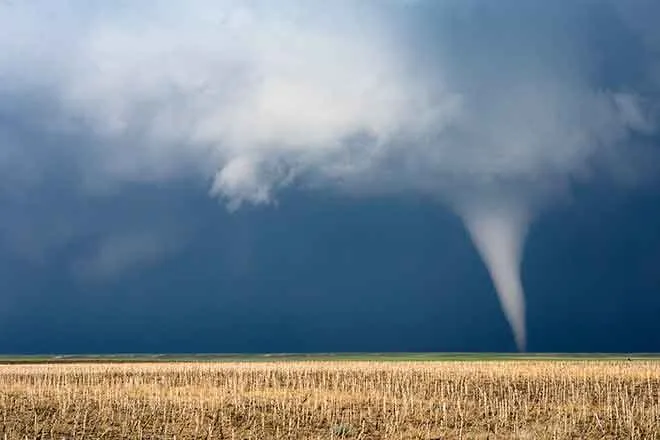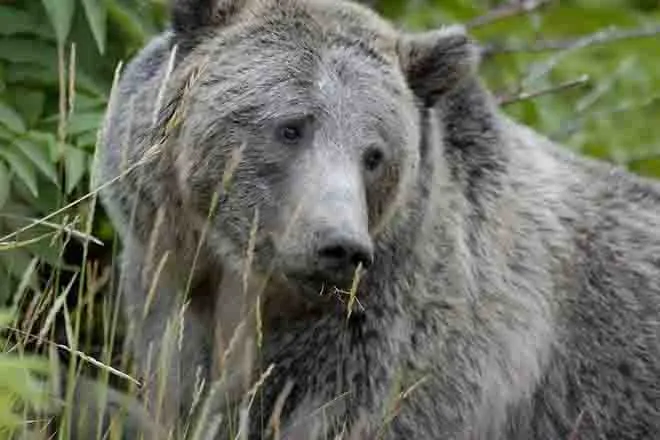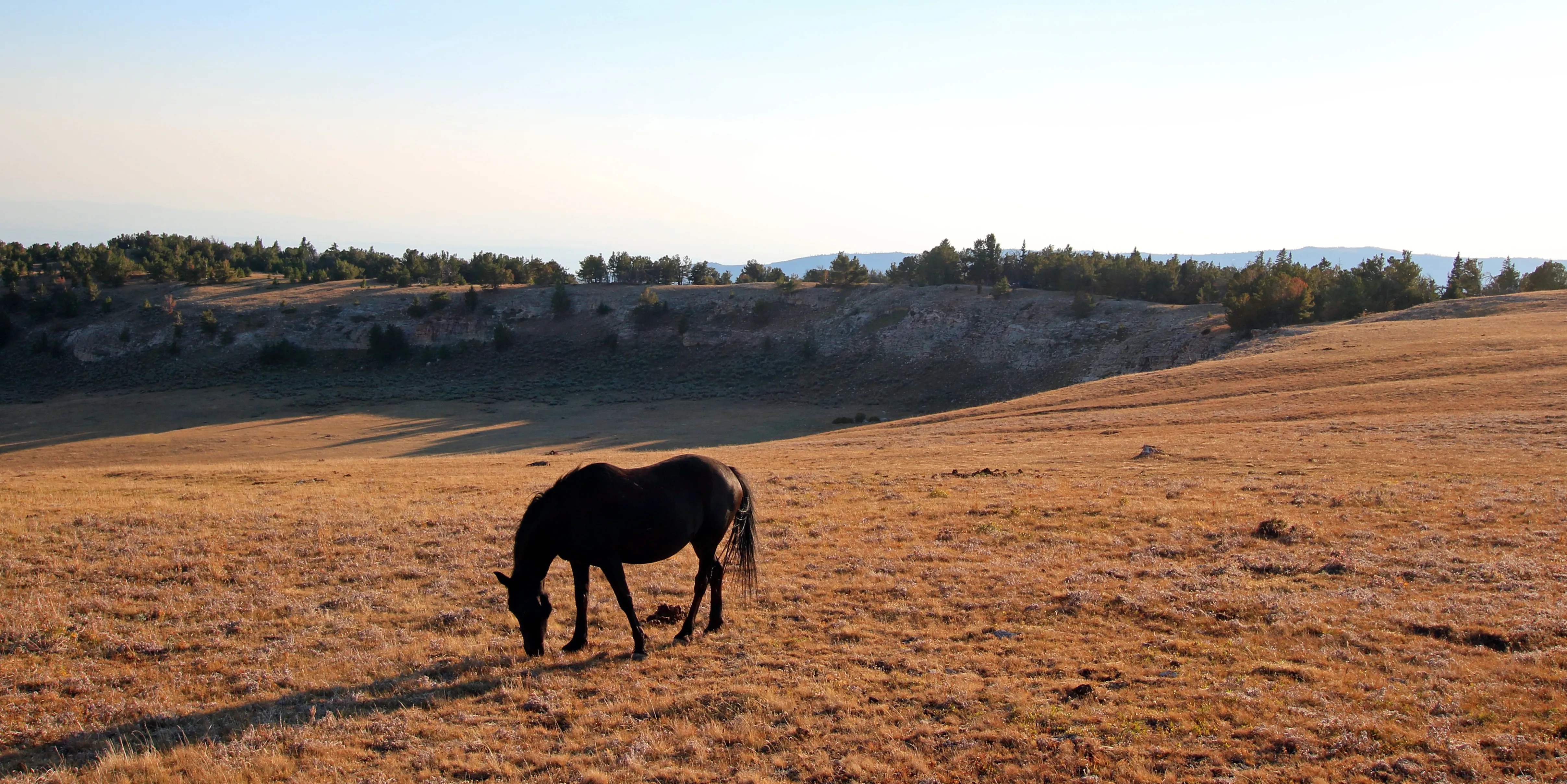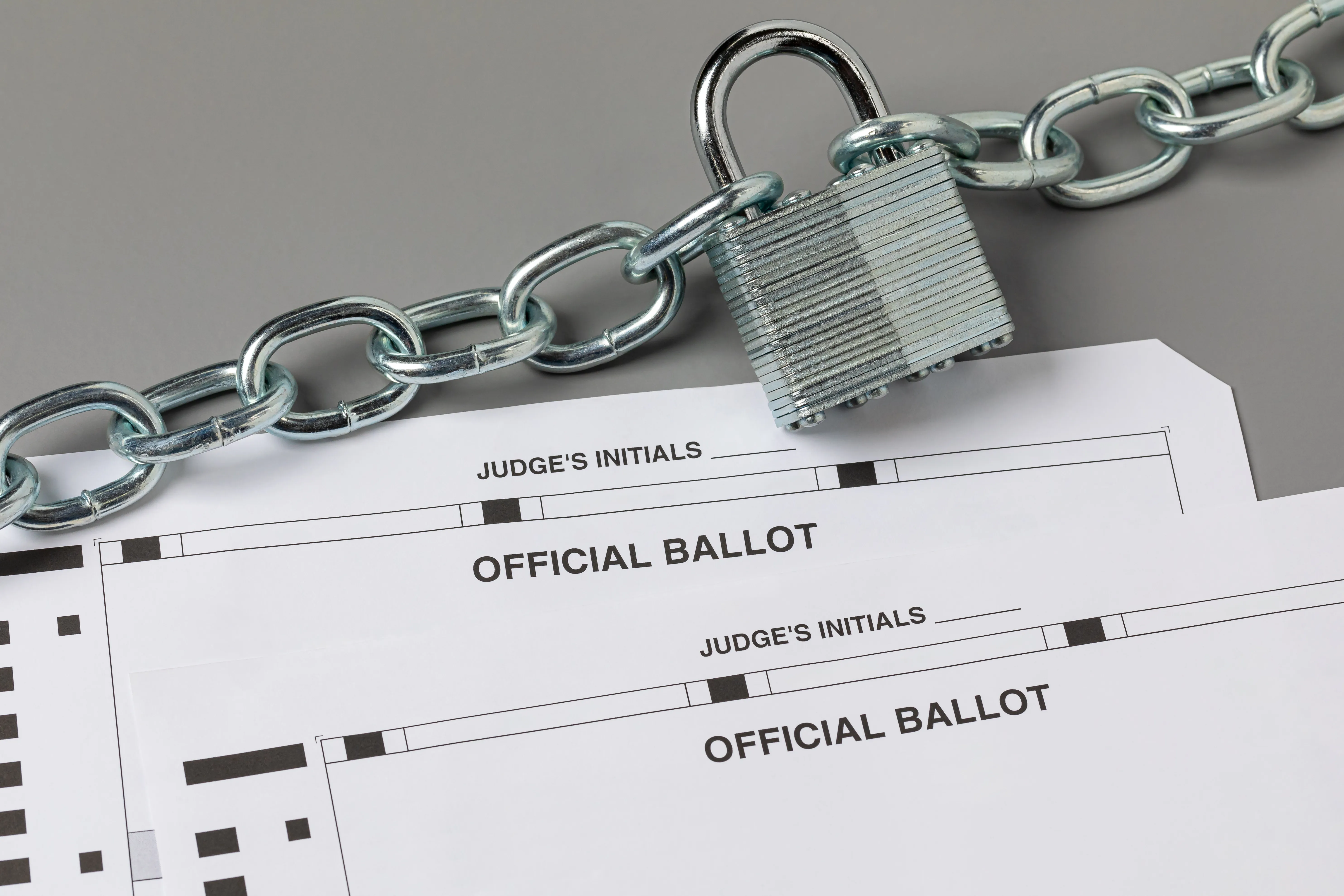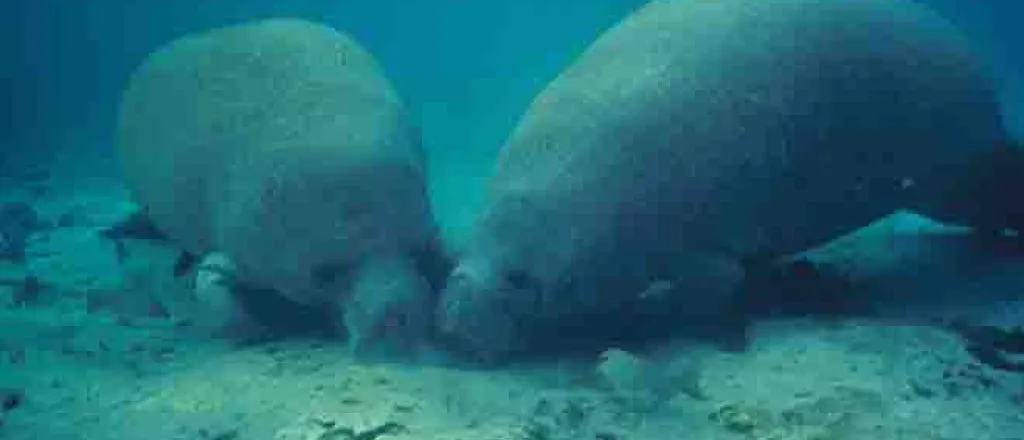
New push for protection for manatees, Florida’s 'gentle giants'
Click play to listen to this article.
With manatee season in full swing, Florida's gentle marine mammals gather in warm waters to escape winter's chill. But these iconic creatures face growing challenges from habitat loss, water pollution and boating collisions.
A new proposal from the U.S. Fish and Wildlife Service aims to address these threats by revising critical habitat protections for the first time in nearly 50 years.
The agency proposes protecting more than 1.9 million acres of critical habitat for Florida manatees and more than 78,000 acres for Antillean manatees in Puerto Rico, marking the first update since 1976.
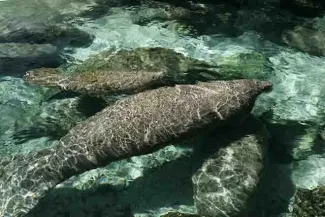
Florida Manatees - USFWS - Steve Hillebrand
"It's a long-overdue revision of looking at what is vital habitat for manatees to find warm water, to be able to feed, to travel, to give birth and safely raise their young," said Elizabeth Fleming, a senior Florida representative for the nonprofit Defenders of Wildlife.
Previously, critical habitat was designated based solely on areas where manatees were known to congregate. The proposed changes now incorporate scientific research, identifying areas based on the physical and biological features essential for their conservation.
The updated habitat proposal is open for public comment until Jan. 24.
Katherine Sayler, a southeast representative for Defenders of Wildlife, said the loss of warm-water habitat is a major threat to manatees, many of which now depend on power-plant outflows for warmth. The updated habitat proposal includes natural springs such as Manatee, Fanning and Silver Springs, which stay at 72 degrees year-round and are crucial for their winter survival.
"They need travel corridors to get between these areas of warm water," Sayler explained, "and that's where we think we need to really allow for the public to engage and really make comments on where are these travel corridors."
Seagrasses are vital to the health of marine ecosystems. For more than a decade, the Indian River Lagoon has experienced extensive seagrass meadow loss because of algae blooms associated with nutrient runoff and degraded water quality from septic overflow leaching into the environment.
Fleming added that the proposal is a first step. Still, much more must be done to address concerns, especially in an area known as Mosquito Lagoon, which she described as a critical habitat for manatees.
"This area of the Indian River lagoon that has had some regeneration of seagrass isn't included in the new manatee-critical habitat," she said. "So, we see that as a big omission."
Anyone can comment on the proposed habitat changes via mail or electronically on regulations.gov. Conservationists hope increased awareness during manatee season will strengthen safeguards for Florida's iconic marine mammal.



